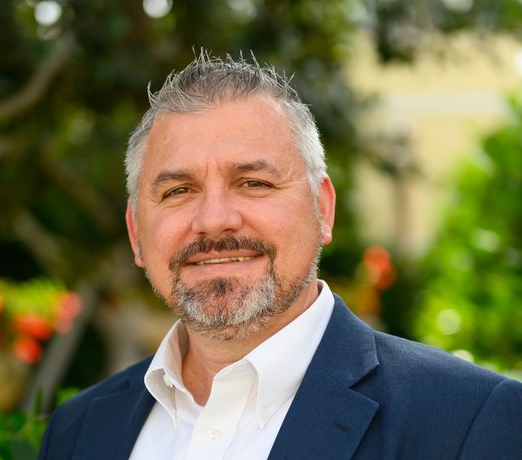 |
Dr. John Dyben
|
Dr. John Dyben
Sponsored by:

Happiness can be a trap. Working toward it as a therapeutic goal can be frustrating and lead to early client defections and failure to serve them. Successful psychotherapy must include much more, especially a frank examination of the “spiritual health” of our clients. The concept of spirituality has been integral to understanding our humanity regardless of our religious faith or lack thereof . Lately, spiritually-focused ideas have been relegated to religious sects or to vague quips put on t-shirts and bumper stickers that seem meaningful at first glance, but which few can explain . As a domain of human existence that is critical to overall quality of life, might therapists be missing an important element? This presentation provides an overview of clinical ethics. It will demonstrate that therapists are ethically obligated to address patients’ spirituality. It will supply a clear, practical definition of spirituality that can empower our work with clients . We’ll explore how this relates to addiction, mental health and quality of life. Finally, we look at practical applications in the work of the professional counselor, therapist, or other helping professional .
Learning Objectives
- Provide professionally operational definitions to important terms including: ethics, counseling, spirituality, and health .
- Demonstrate understanding of the ethical obligations of counselors to address issues of patient spirituality in the context of clinical counseling .
- Define spirituality in a context that is clinically practical, culturally competent, and ethically sound.
- Describe the “Happiness Trap” that is endemic in culture and how understanding the “Two Pursuits” of human experience can be a powerful tool for helping patients find meaning and peace .
Dr. John Dyben serves as the Chief Clinical Officer for Origins Behavioral Healthcare. In this capacity he provides both academic and clinical supervisory support to all of Origins’ programs. John’s academic background includes degrees in Psychology (BS), Conflict (MA), Management (MS), and a Doctor of Health Science, with his doctoral practicum having focused on the dynamics, epidemiology, and treatment of substance abuse and addiction in older adults. John is an ordained pastor, clinically trained chaplain, and board certified as both a Master Addictions Professional and a Mental Health Professional in the State of Florida. In addition to his clinical work, John lectures in multiple professional and academic venues on topics related to science, health, spirituality and ethics, and he was an adjunct professor at Palm Beach State College for 12 years. He brings over 20 years of experience as a therapist, educator and spiritual director to this topic .
References for this talk:
Beshara, R. (2006). Treasuring the treasure: Exploring spirituality. Allegra Print and Imaging .
Corey, G., Corey, M. S., Corey, C., & Callanan, P. (2014). Issues and ethics in the helping professions with 2014 ACA codes. Nelson Education .
Jonsen, A. R., Siegler, M., & Winslade, W. J. (2015). Clinical Ethics: A Practical Approach to Ethical Decisions in Clinical Medicine, 8E. McGraw Hill Professional.
Paloutzian, R. F., & Park, C. L. (Eds.). (2014). Handbook of the psychology of religion and spirituality. Guilford Publications.
von Humboldt, S., Leal, I., & Pimenta, F. (2014). What predicts older adults’ adjustment to aging in later life? The impact of sense of coherence, subjective well-being, and sociodemographic, lifestyle, and health-related factors. Educational Gerontology, 40(9), 641-65
